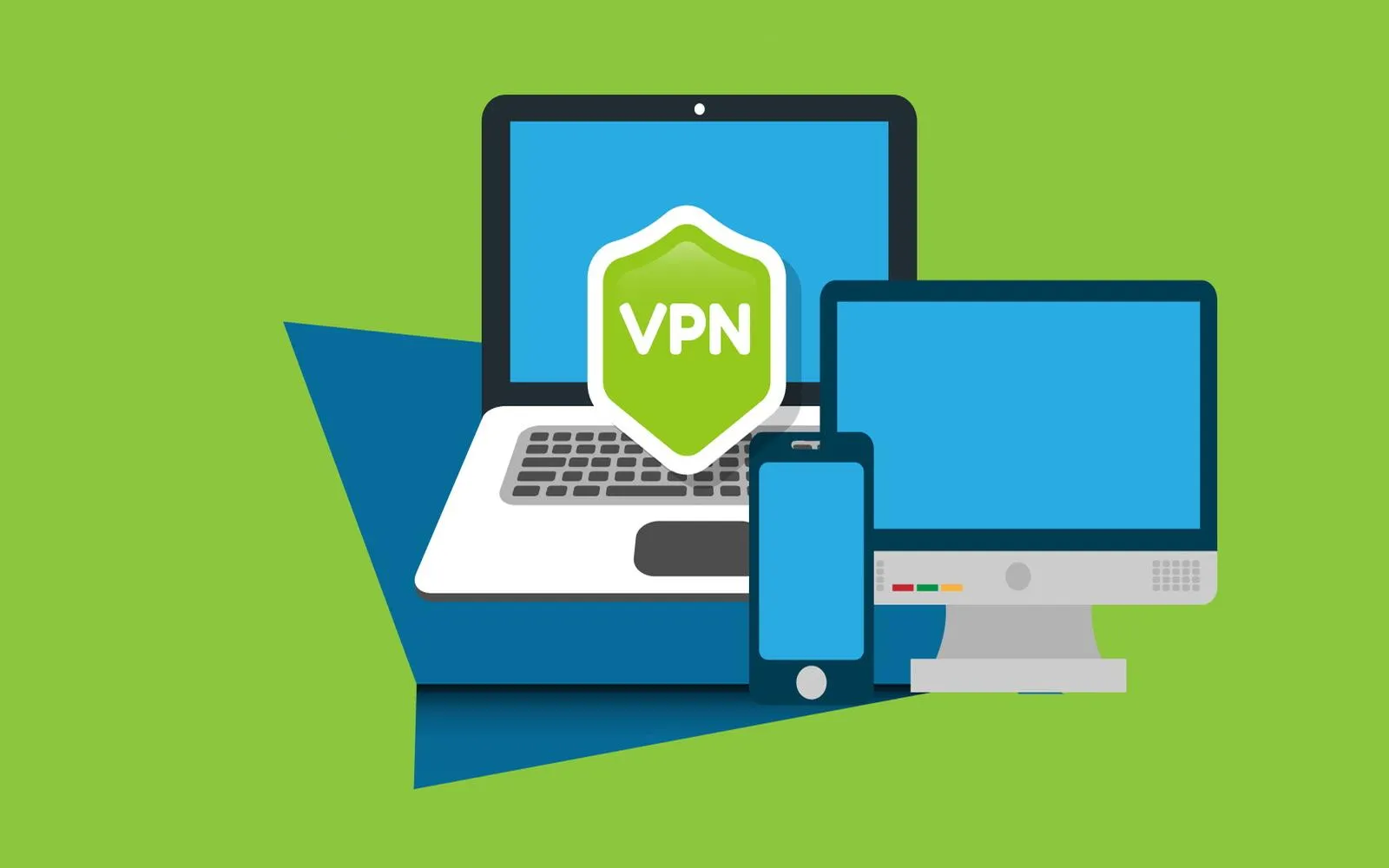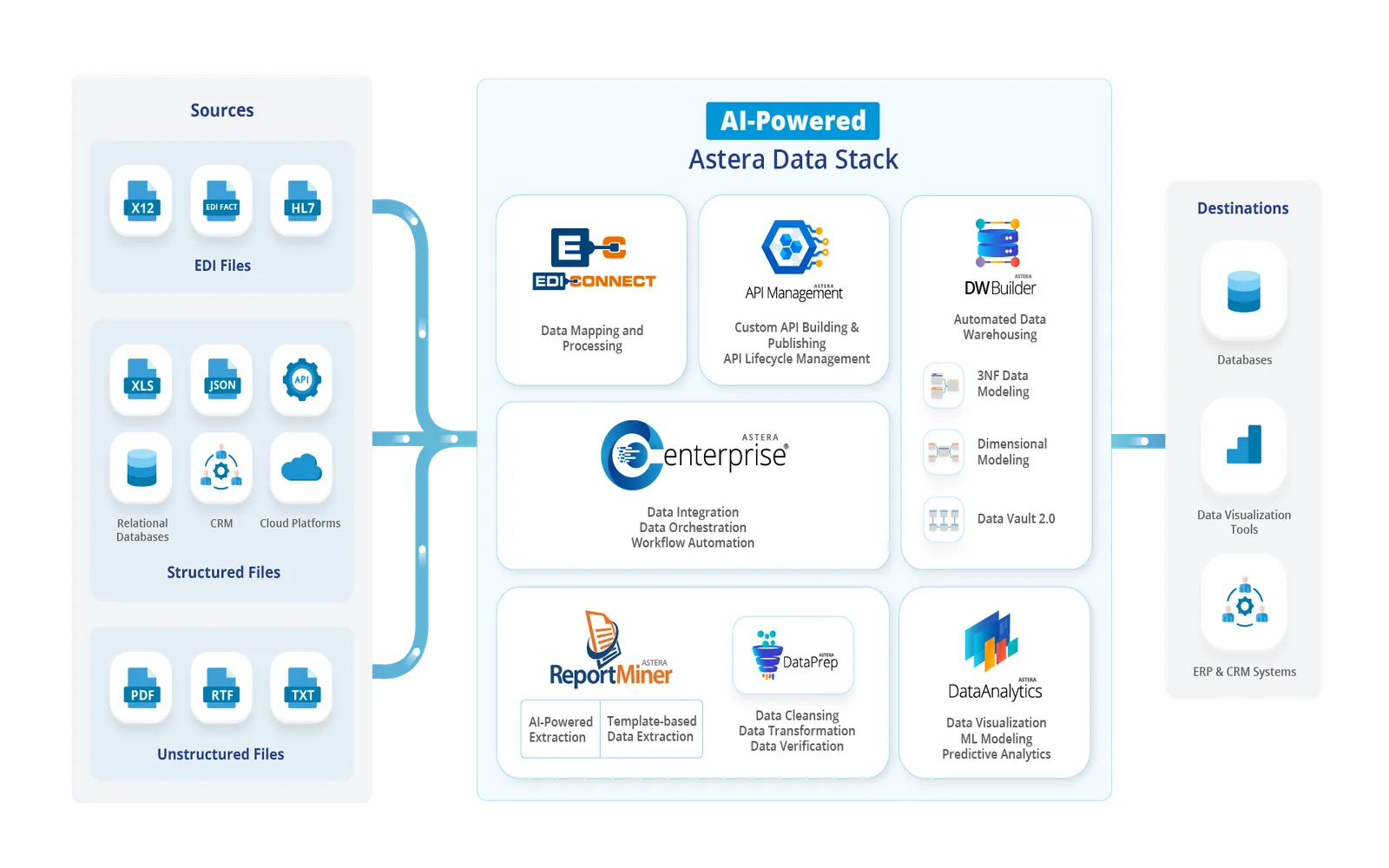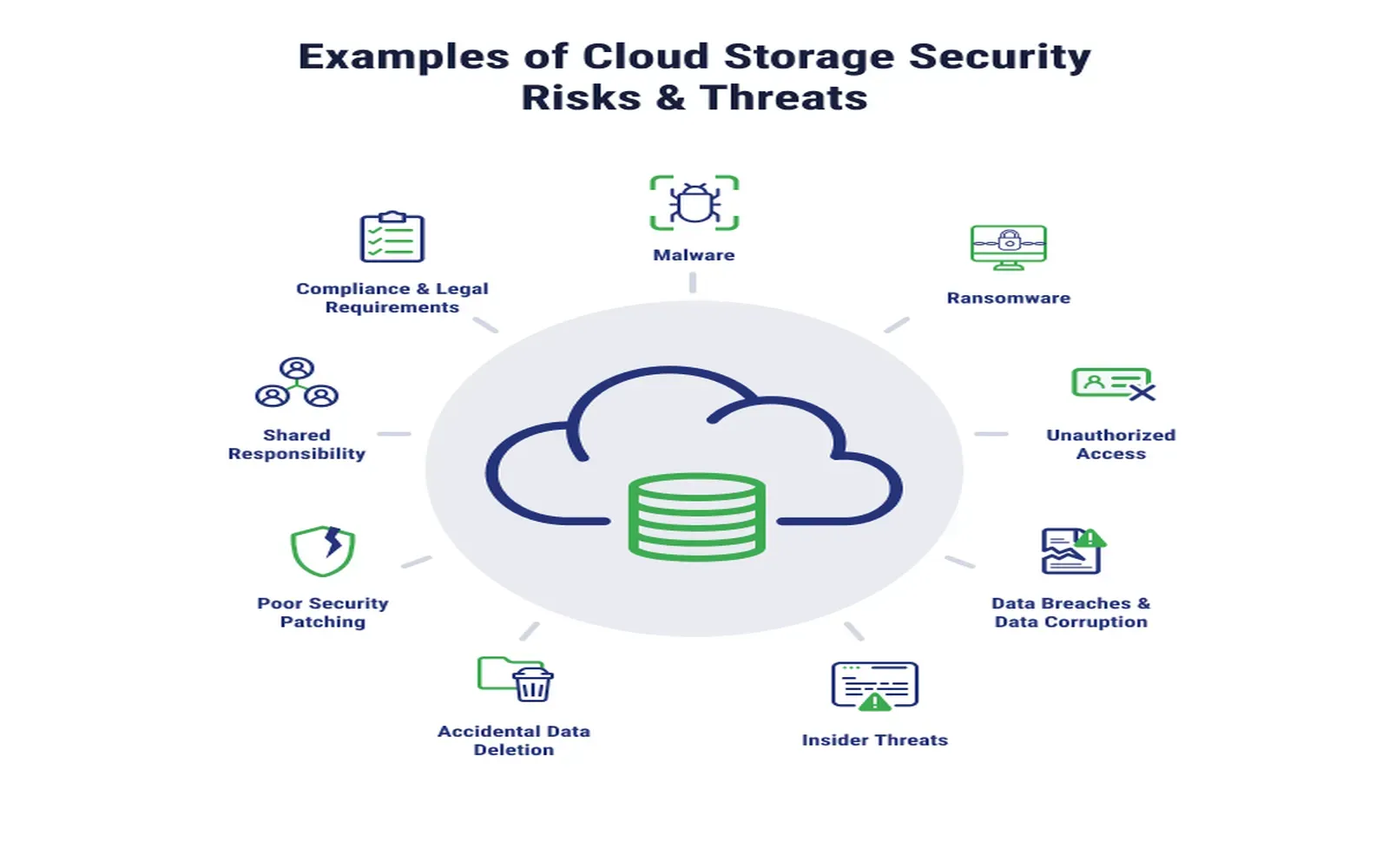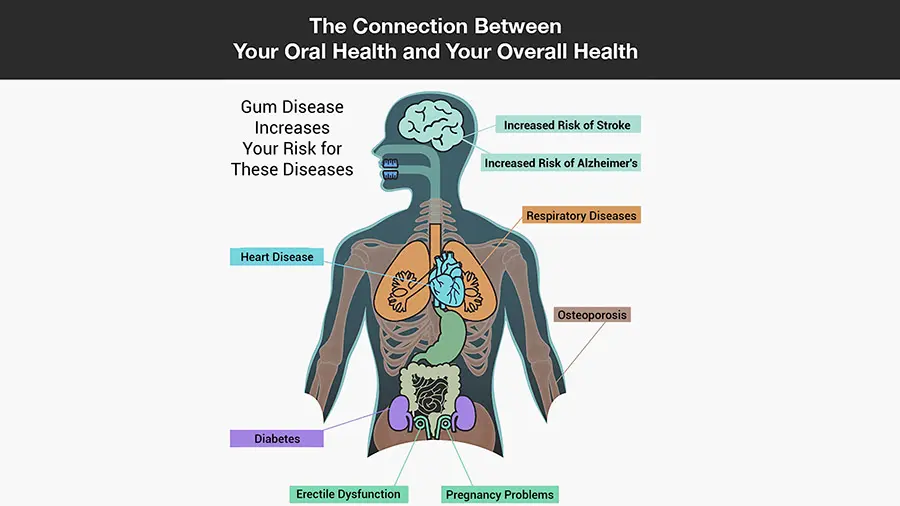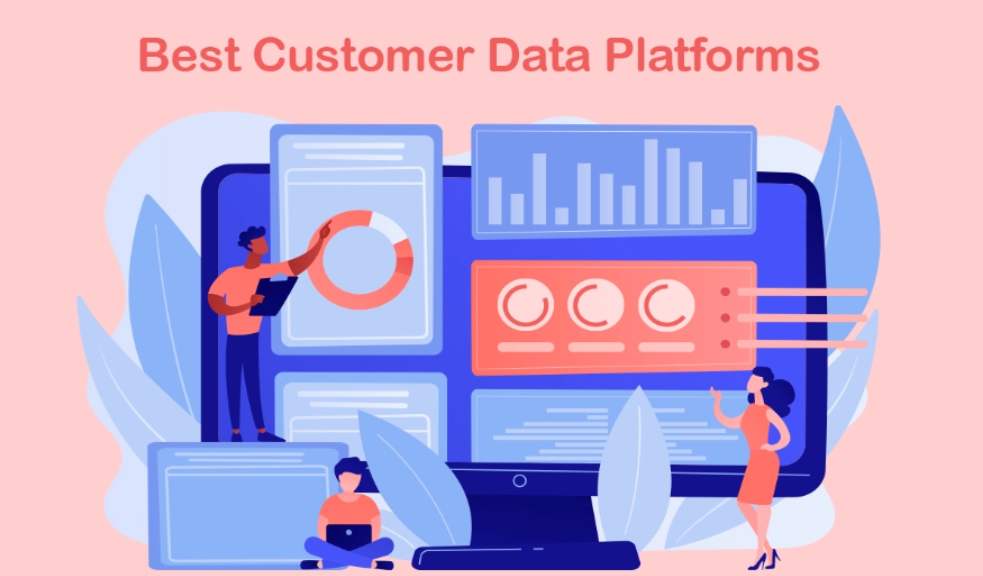In today’s digital landscape, data privacy has emerged as a critical concern for both individuals and businesses. With the increasing volume of data generated and collected, understanding how data privacy affects you and your business is essential. This article delves into the implications of data privacy, why it matters, and how to navigate the complexities of data protection.
Understanding Data Privacy
Data privacy refers to the proper handling, processing, storage, and usage of personal information. In the United States, various laws and regulations govern data privacy, such as the California Consumer Privacy Act (CCPA) and the Health Insurance Portability and Accountability Act (HIPAA). These regulations are designed to protect individual privacy rights and ensure that businesses handle personal information responsibly.
The Impact of Data Privacy on Individuals
For individuals, data privacy influences how personal information is collected and used by companies. It affects several key areas:
- Control Over Personal Information: Individuals have the right to know what data is collected, how it is used, and who it is shared with.
- Data Security: Strong data privacy measures help protect individuals from identity theft, fraud, and cybercrime.
- Trust in Businesses: Companies that prioritize data privacy tend to gain more trust from consumers, leading to increased customer loyalty.
The Impact of Data Privacy on Businesses
For businesses, the implications of data privacy are far-reaching. Here’s how data privacy can affect your operations:
- Compliance Costs: Staying compliant with data privacy laws can be costly. Businesses may need to invest in legal counsel and technology to ensure compliance.
- Reputation Management: Failure to protect customer data can lead to significant reputational damage. High-profile data breaches can erode consumer trust and lead to loss of business.
- Competitive Advantage: Businesses that adopt strong data privacy practices can differentiate themselves in the marketplace, attracting privacy-conscious consumers.
The Role of Data Privacy Regulations
In the U.S., various regulations influence how personal data is handled. Here’s a brief overview of some significant laws:
| Regulation | Description |
|---|---|
| California Consumer Privacy Act (CCPA) | Gives California residents the right to know what personal data is collected and how it is used. |
| Health Insurance Portability and Accountability Act (HIPAA) | Protects sensitive patient health information from being disclosed without consent. |
| Gramm-Leach-Bliley Act (GLBA) | Requires financial institutions to explain their information-sharing practices to their customers. |
| Federal Trade Commission Act (FTC Act) | Prohibits unfair or deceptive acts in commerce, including misleading privacy practices. |
Strategies for Ensuring Data Privacy
To effectively protect data privacy, businesses should adopt several key strategies:
- Data Minimization: Collect only the data necessary for your operations. This minimizes the risk associated with handling excessive personal information.
- Implement Strong Security Measures: Invest in cybersecurity measures, such as encryption and secure access controls, to protect sensitive data.
- Regular Training: Conduct regular training sessions for employees on data privacy protocols and security practices.
- Transparent Privacy Policies: Clearly articulate your privacy policies to customers, detailing how their data will be used, stored, and shared.
The Future of Data Privacy
The landscape of data privacy is rapidly evolving. With advancements in technology, data collection methods are becoming more sophisticated, raising new concerns about how personal data is handled. As consumers become increasingly aware of their privacy rights, businesses must adapt to meet these changing expectations.
In conclusion, data privacy affects everyone, from individuals to large corporations. Understanding the implications of data privacy and taking proactive measures to safeguard personal information can help build trust, enhance reputation, and ensure compliance with regulations. By prioritizing data privacy, businesses not only protect themselves but also contribute to a safer digital environment for all.

